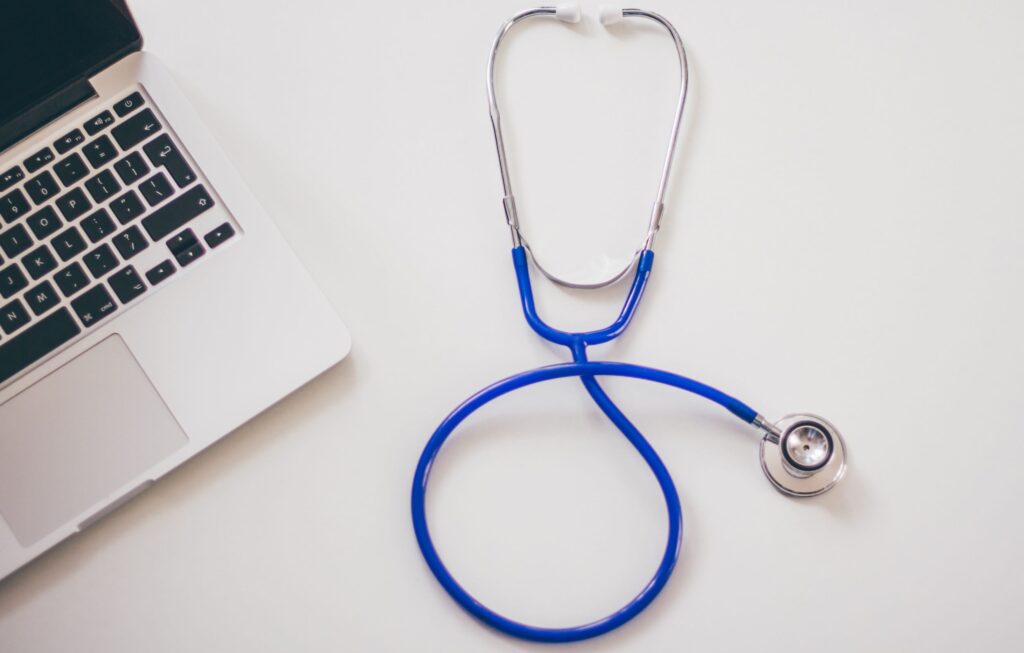Part of the stigma associated with addiction comes about because it is sometimes viewed as a choice, a type of character flaw that leads to substance abuse. An unwillingness or lack of desire to stop using drugs or alcohol is associated with addiction as well. However, the medical model of addiction more often points to the fact that addiction is a disease that requires appropriate treatment.
Defined as a Disease by Experts
Alcoholism was first classified as a disease by the American Medical Association (AMA) in 1956. The organization included the classification of addiction as a disease in 1987. The American Society of Addiction Medicine (ASAM) defined addiction as a chronic brain disorder in 2011, distinguishing it from being a behavior problem or the result of poor decision making.
Research conducted by top addiction authorities, healthcare providers, neuroscientists, and National Institute on Drug Abuse (NIDA) experts also supports the idea of classifying addiction as a disease. They are still learning how and why the disease develops in certain people and not others.
Initial Use Likely Voluntary
The decision to start taking drugs or drinking alcohol is usually voluntary. Substance use can begin as a result of trauma, stress, curiosity, or social or peer pressure. However, with continued use of the substance, the individual’s ability to exert any kind of self-control over their choices can become seriously impaired. This impairment is considered to be the hallmark of addiction.
Brain images taken of people who are addicted show actual physical changes to the areas of the brain that are instrumental in decision-making, learning and memory, judgment, and behavior control. These brain changes help to explain the compulsive nature of the disease of addiction.
Critical Aspects of the Disease
Since addiction changes the functions of the brain and the body and people cannot choose how their brain and body respond to the substances they are using, those who are addicted generally cannot control their continued use of drugs or alcohol. When people who are addicted attempt to stop using the substances, it is much more challenging to do so and usually requires the help of an addiction treatment professional who can provide the evidence-based quality care they need to address their disease.
Addiction that is left untreated can result in physical and mental health disorders. These will require medical attention. Addiction will become more severe when not addressed properly and may become disabling for the individual who is not able to live a full and normal life without the drugs or alcohol. Addiction can even become life-threatening.
Risk Factors
Addiction can be caused by environmental, behavioral, psychological, and biological factors, just like many other diseases such as heart disease and cancer. There are also genetic risk factors that account for roughly half of the possibilities of developing an addiction. Research scientists estimate that genetics, including the environmental impacts on an individual’s gene expression, account for between 40% and 60% of a person’s risk for addiction.
Addiction as a Chronic Disease
A chronic disease is defined as a condition that is long-lasting, can be managed, but cannot be cured. For about 25% to 50% of individuals with a substance use issue, their addiction will develop into a severe, chronic condition if not treated appropriately. Their addiction is characterized by compulsive seeking and consumption of drugs or alcohol, despite the consequences they face on a daily basis as a result of their substance use.
Their addiction is a progressive, potentially relapsing disease that requires intensive treatment as well as family and peer support for managing their recovery. Chronic diseases are manageable, with long-term treatment and continued monitoring and support.
Addiction Treatment for Professionals in Philadelphia
At Providence Treatment, we help professionals in the medical, legal, and aviation fields, among others, overcome their addiction to alcohol and drugs. We understand that it can be overwhelming for you to admit that you need help for your addiction. When you are ready to get outpatient addiction treatment in Philadelphia, we are ready to help you. Our expertise is in serving high-profile clients and licensed professionals like you.
Don’t let addiction to alcohol or drugs take over your life. You can overcome addiction at Providence Treatment. If you need help getting clean, then contact us at 484.469.9592, and you can begin your recovery as soon as possible.









